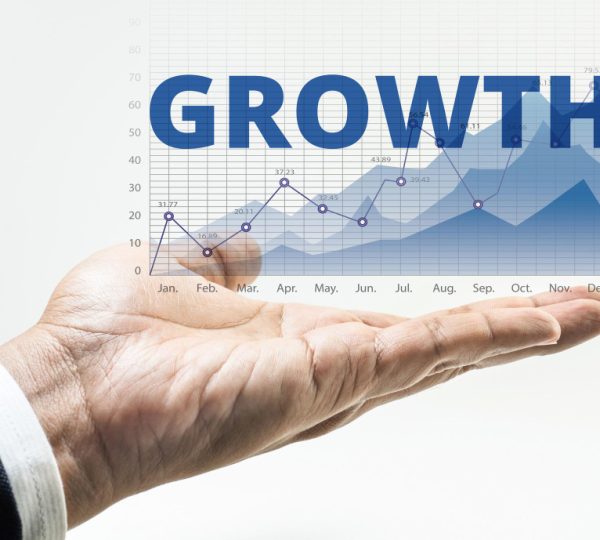Everything You Need To Know About Investing In Turkey

About Turkey
Turkey, with its geographical location, its political position and its intersecting history with several cultures, represents an immigration destination that many aspire to; The Turkish Republic is located in the Anatolian peninsula between Europe, Asia, the Middle East and Russia, as if it is a link that brings you closer to several cultures. Turkey is also a member of NATO and is in an alliance with Russia and has a friendly relationship with the countries of Asia Minor, Central Asia and Europe. It also has a long history closely related to the peoples of the region. The Middle East since the ninth century when the Seljuks ruled large areas of it, then the Ottomans, who united Turkey, the Middle East, North Africa, Asia Minor and Eastern Europe under one banner for 600 years.
About investing in Turkey
Turkey is adjacent to Syria, Iraq, Iran, Greece, Bulgaria, Azerbaijan and Georgia, with an area of 783,000 square kilometers, a population of 82 million, and a gross domestic product of $784 billion with an inflation rate of 20%, and the value of its exports is $168 billion, mostly to Europe, while its imports amount to $223 billion, mostly from Russia, China, India, Europe and Iran, and their revenues from tourism amount to 25 billion dollars, with 39 million tourists annually, and the value of foreign direct investments is 13 billion dollars.
Not only that, Turkey is a member of international trade agreements, including:
EU Customs Union
Free Trade Agreements with: Egypt, Jordan, occupied Palestine, Syria, Sudan, Tunisia, Malaysia, Singapore, South Korea, Albania, Bosnia and Herzegovina, Chile, EFTA countries (Switzerland, Norway, Iceland and Liechtenstein), Faros Islands, Ghana, Kosovo, Georgia, Macedonia, Mauritius, Moldova, Montenegro and Serbia.
What are the advantages of investing in Turkey?
1. Successful economy
The Turkish economy has tripled from $231 billion in 2002 to $784 billion in 2018, with a growth rate of 5.5% of GDP. Turkey is expected to be one of the fastest growing economies in the OECD countries. The economy is also ranked 13th in the world and 5th in the European Union, and the country’s private sector is very vibrant and strong.
2. Population
Turkey is the most youthful country compared to the European Union and half of its population is younger than 32 years old, well educated, multicultural and vibrant.
3. Qualified and competitive workforce
The more young people there are, the more productive the work; In Turkey, more than 800,000 students graduate from 183 universities annually, and about one million young people from secondary schools, half of whom have vocational and technical education.
4. Investment freedom and reform
Turkey is characterized by facilitating work procedures, establishing a company takes an average of 6 and a half days, and the work climate is competitive and fair, in addition to international arbitration, and guaranteeing cash transfers
5. Infrastructure
The infrastructure is technologically advanced in transportation, communications and energy, as well as low-cost maritime transport facilities, railways and road networks connecting Turkey with Eastern and Central Europe.
6. Low taxes and incentives
Corporate entry taxes decreased from 33% to 20%, with tax facilities provided for industrial and technical zones and free zones, with partial or total exemption from corporate entry tax, provision of land allocations to investors, and the existence of laws to encourage development, research and innovation.
What are the investment opportunities available in Turkey?
Auto sector
Many of the major global auto companies are based in Turkey for their manufacturing and production lines, especially in the Marmara region. At the head of these companies is Toyota, the owner of the Corolla, the best-selling car in the world. You can invest in auto parts, maintenance centers or even import and export of spare parts. Turkey also manufactures its own domestic cars such as TEMSA, Otokar and BMC, and Turkey produced more than 1 million cars in 2012.
tourism
Since the 1990s, Turkish governments have been interested in the tourism sector, especially as it has a long history and historical commonalities with the Arab and Islamic region during the Ottoman rule, and it has many tourist attractions such as Topkapi Palace, the Fatih Sultan Mosque, the Great Mosque of Bursa, and many temples and archaeological areas older than that.
There is no doubt that beach tourism is one of the most important types of tourism, and Turkey has invested in Islamic beach tourism, which provides a private beach for every family, and this has revived the tourism sector.
The provision of services
You can set up a service company such as customs clearance, language service companies such as content writing or translation, recruitment companies, marketing, training or teaching.
Real estate
Real estate is a successful investment in many countries, where you can buy and build land or develop new urban communities.
Investment conditions in Turkey
Turkish law divides foreign investors into two groups: individuals and bodies. Turkish law also divides foreign direct investment into investments transferred from abroad, such as capital, devices, equipment, property rights and industrial rights, and to investments provided by the local market, such as reinvestment of returns and the establishment of companies or their branches.
Turkey has also facilitated naturalization for foreign investors, lowering the investment asset value requirement from $1 million to $250,000 and reducing the bank deposit requirement from $3 million to $500,000 in September 2018. The Turkish parliament has also made it easier for foreigners to buy real estate in Turkey. Investors who provide business for more than 50 people can also apply for citizenship.



